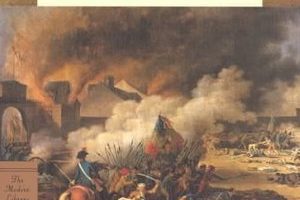
What makes the French revolution come alive for students today? H. W. Brands tells us about teaching Carlyle's 1837 account on the NPR book blog, here.
Posted Tuesday, October 16, 2012
The past is never dead. It's not even past

What makes the French revolution come alive for students today? H. W. Brands tells us about teaching Carlyle's 1837 account on the NPR book blog, here.
Posted Tuesday, October 16, 2012
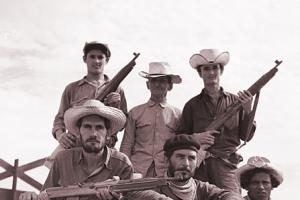
In this new book, covering the entire period of the Cold War in Latin America, Hal Brands restores agency and initiative to Latin American actors, in the process demolishing many of the platitudes that have governed much of the U.S.foreign policy literature.image Based on prodigious research in a dizzying array of U.S., Latin American, and even East German archives, Brands’s work advances a trenchant interpretation that cannot be ignored.
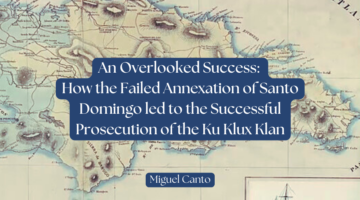
The 19th century in American history is marked by rapid territorial expansion, from the Louisiana Purchase to the Mexican-American War. By 1850, the continental U.S. had taken a familiar shape. The Civil War interrupted this expansion as the nation grappled with the future of slavery and the role of the federal government. However, at the […]
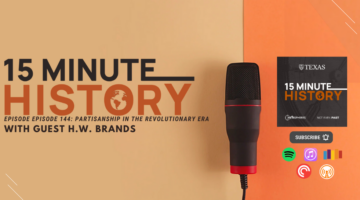
Political partisanship is not only a hallmark of US democracy today. There is also a long history of dysfunction and division as old as America. H.W. Brands’s new book, Founding Partisans, is a revelatory history of the Revolutionary era’s stormy politics, which includes a look at the nation’s earliest political parties — those of Hamilton and […]

The Moderate Bolshevik: Mikhail Tomsky from The Factory to The Kremlin, 1880-1936Brill Publishing (Hard Cover): 2022; and Haymarket Books (Paperback): May 2023by Charters Wynn This first English-language biography of Mikhail Tomsky reveals his central role in all the key developments in early Soviet history, including the stormy debates over the role of unions in the self-proclaimed workers’ state. […]
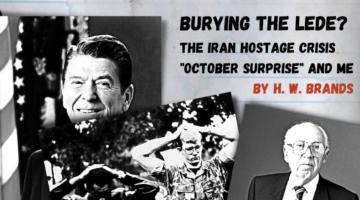
Introduction by John Gleb In February 1979, a popular revolution in Iran overthrew the authoritarian government of Shah Mohammed Reza Pahlavi, a key ally of the United States. Ten months later, on November 4th, 1979, Iranian college students demonstrating against U. S. support for the Shah seized control of the U. S. embassy compound in […]
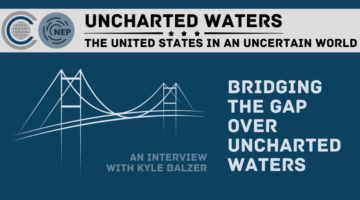
From the editors: Through our “Uncharted Waters” article series, Not Even Past has been exploring the history of U. S. international relations, examining understudied historical episodes in an accessible, engaging manner. Uncharted Waters taps into the wealth of knowledge produced by scholars affiliated with the University of Texas at Austin’s Clements Center for National Security. […]
All content © 2010-present NOT EVEN PAST and the authors, unless otherwise noted
Sign up to receive our MONTHLY NEWSLETTER